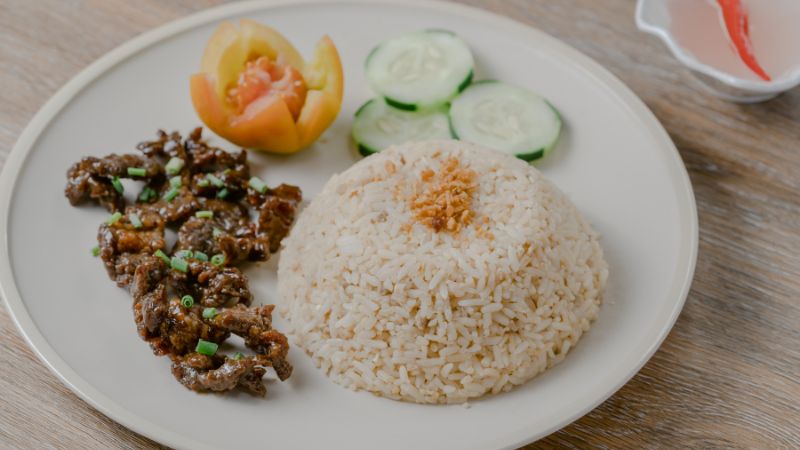Nutrition is one of the most important factors in the recovery process for dengue fever patients. A well-balanced and regulated diet will help speed up recovery and reduce post-dengue complications.
Below are some notes and dietary suggestions for dengue patients during their recovery period.
1 Dietary Notes for Dengue Patients
Dengue fever is a viral disease with no absolute cure or vaccine. Therefore, paying attention to one’s diet during this time is crucial. According to TS. BS. Nguyen Trong Hung, Head of the Adult Nutrition Counseling Department at the National Institute of Nutrition, here are some dietary notes for dengue patients:
- Choose an appropriate diet for each stage of the illness to provide sufficient nutrients to the patient.
- Include more calories, protein-rich foods, reduce fat intake, and increase vitamins, minerals, and antioxidants in the diet.
- Drink plenty of fluids such as water, oral rehydration solutions, vegetable soups, and fresh fruit juices to aid in faster recovery.
- Opt for mild, easily digestible foods and reduce spicy dishes.
- Herbs like coriander, neem, papaya, and guava leaves can help improve recovery and treat dengue fever.
 Dietary Notes for Dengue Patients
Dietary Notes for Dengue Patients
2 Diet Plan for Dengue Patients During Recovery
Light Diet
This diet is suitable for patients after the fever has subsided and they are on the road to recovery. At this stage, it is important to increase energy and protein intake with foods like lean meats, fish, eggs, and dairy. Patients should also gradually increase their portion sizes and include snacks like milk, yogurt, fruit juices, and porridge.
 Light Diet
Light Diet
Soft Diet
Once the patient is stable and recovering from the infection, they can move on to a soft diet, which includes well-cooked, tender, and easy-to-chew and swallow foods. Add lemon juice or herbal infusions to enhance the flavor and prevent monotony.
 Soft Diet
Soft Diet
Additionally, during this phase, it is important to increase fluid intake with water, fresh fruit juices, soups, and coconut water to aid in faster recovery. Adequate rest, light exercise, and a relaxed body and mind will also help reduce post-dengue complications.
Normal Diet
After following the above two diet plans, patients can gradually transition to a normal diet and resume their daily activities. Focus on hydration, calorie intake, and include protein-rich, low-fat, vitamin- and mineral-rich, and antioxidant-rich foods to boost recovery.
 Normal Diet
Normal Diet
However, it is important to keep the following criteria in mind when resuming a normal diet:
- Ensure sufficient energy intake by consuming enough calories to make up for the energy lost during the fever and infection. Include rice, bread, fruit juices, and milk, which are all energy-dense foods.
- Provide adequate protein from sources like milk, chicken soup, and boiled eggs to aid in the body’s recovery.
 Sufficient Energy and Protein
Sufficient Energy and Protein
- Include carbohydrates as they are the body’s main source of energy. Eat foods like rice, bread, and potatoes.
- Enrich your diet with vitamins and minerals to support the body’s recovery process. Eat plenty of fruits, drink coconut water and lemon juice to boost your vitamin and mineral intake.
- Stay hydrated by consuming fluids like fruit juices, soups, and coconut water to replenish the body’s fluid levels and flush out toxins.
 Carbohydrates, Fluids, Vitamins, and Minerals
Carbohydrates, Fluids, Vitamins, and Minerals
- Reduce fat intake as dengue fever affects digestion. Avoid fried, oily, and processed foods.
- Minimize the use of spices and seasonings as they can trigger digestive issues and cause gastrointestinal bleeding in dengue patients.
 Reduce Fat and Spice Intake
Reduce Fat and Spice Intake
These are the dietary notes and suggestions for dengue patients during their recovery period. We hope this article has provided you with valuable information, and don’t forget to follow our upcoming posts for more useful content.
Source: Health and Life Newspaper
































